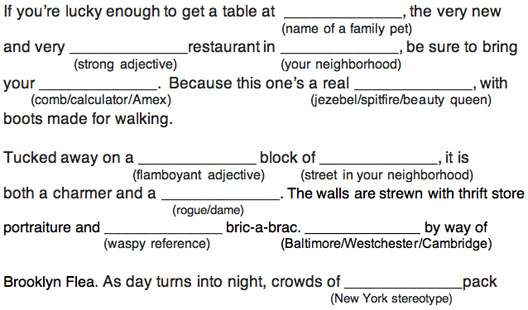ha I followed the wrong pattern! 
gassho
risho
-stlah

gassho
risho
-stlah












 ... last night, I listened to this and had to same reaction. Yet, I know that it is a powerful something being expressed here:
... last night, I listened to this and had to same reaction. Yet, I know that it is a powerful something being expressed here:
Comment